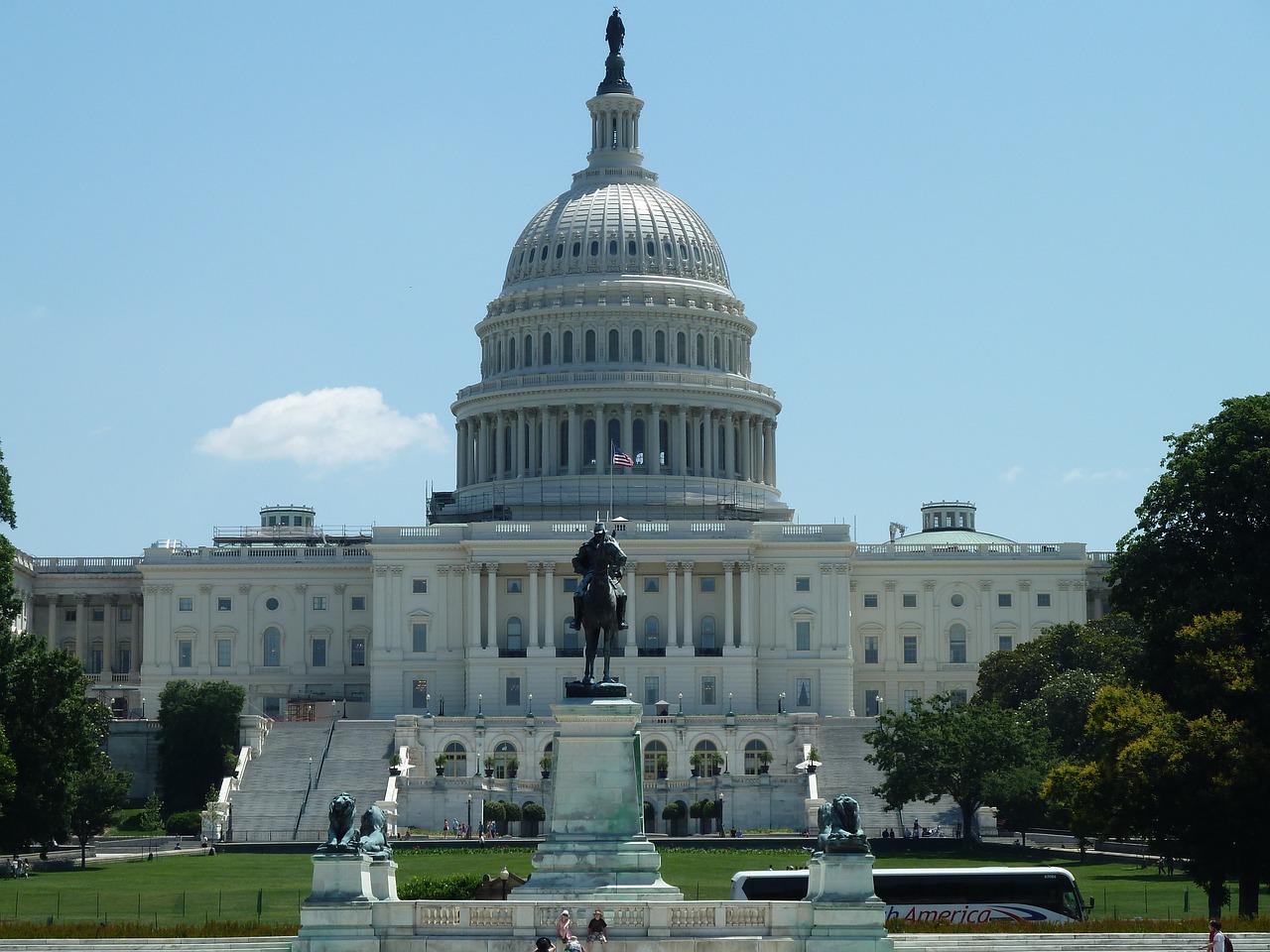
Landmark Crypto Legislation: FIT21 Act Passes with Bipartisan Support
On May 22, 2024, the U.S. House of Representatives passed the Financial Innovation and Technology for the 21st Century Act (FIT21) with significant bipartisan backing. The passage of H.R. 4763, approved by a vote of 279 to 136, represents a pivotal moment in establishing a regulatory framework for the digital asset ecosystem in the United States. This legislation aims to provide the necessary regulatory clarity and consumer protections to foster innovation and secure America’s leadership in the global financial system of the future.
Key Provisions and Regulatory Framework
FIT21 aims to create a comprehensive regulatory regime for digital assets, balancing consumer protection with the promotion of technological innovation. One of the critical aspects of the bill is the delineation of regulatory authority between the Commodity Futures Trading Commission (CFTC) and the Securities and Exchange Commission (SEC). The CFTC is granted jurisdiction over digital commodities, while the SEC retains control over digital assets offered as part of an investment contract. This clear division is intended to resolve existing ambiguities and conflicts between the two agencies, which have previously led to regulatory uncertainty and hindered industry growth.
The legislation also introduces robust consumer protection measures. Digital asset developers are required to provide transparent disclosures regarding the operation, ownership, and structure of their projects. Additionally, digital asset customer-serving institutions, such as exchanges and brokers, must segregate customer funds from their own, reducing conflicts of interest through stringent registration and operational requirements.
Bipartisan Support and Political Dynamics
The passage of FIT21 with broad bipartisan support highlights a significant shift in Congressional attitudes towards digital assets. Notably, 71 Democrats joined 208 Republicans in voting for the bill. Key figures such as House Financial Services Committee Chairman Patrick McHenry (R-NC) and House Agriculture Committee Chairman Glenn Thompson (R-PA) played instrumental roles in garnering support for the legislation. McHenry emphasized the necessity of regulatory clarity to prevent the stifling of innovation, while Thompson underscored the importance of protecting consumers and maintaining American leadership in digital asset technology.
Despite this bipartisan success, the bill faced criticism from several prominent Democrats. Representative Maxine Waters (D-CA) and SEC Chair Gary Gensler were vocal in their opposition, arguing that the bill could potentially deregulate certain aspects of the crypto industry, leading to market instability and reduced investor protections. Waters expressed concerns that the bill would allow traditional finance firms to operate without adequate SEC oversight, while Gensler warned that it could create new regulatory gaps and undermine established securities laws.
Implications and Next Steps
The approval of FIT21 by the House marks a significant milestone, but the path forward remains uncertain. The bill now moves to the Senate, where it may face substantial challenges. The Senate has not developed a counterpart bill, and top lawmakers have shown varying degrees of interest in crypto regulation. Furthermore, the Biden administration has expressed opposition to the bill, though it has indicated a willingness to collaborate with Congress on a balanced regulatory framework for digital assets.
The passage of FIT21 has been hailed as a crucial step towards modernizing the U.S. regulatory approach to digital assets. Supporters argue that the bill’s provisions will help position the United States as a global leader in blockchain and digital asset innovation. Critics, however, remain concerned about the potential risks associated with reducing regulatory oversight in certain areas.
As the bill proceeds to the Senate, the debate over the appropriate regulatory framework for digital assets is likely to intensify. The outcome will have significant implications for the future of the digital asset industry in the United States and its position in the global financial landscape.





